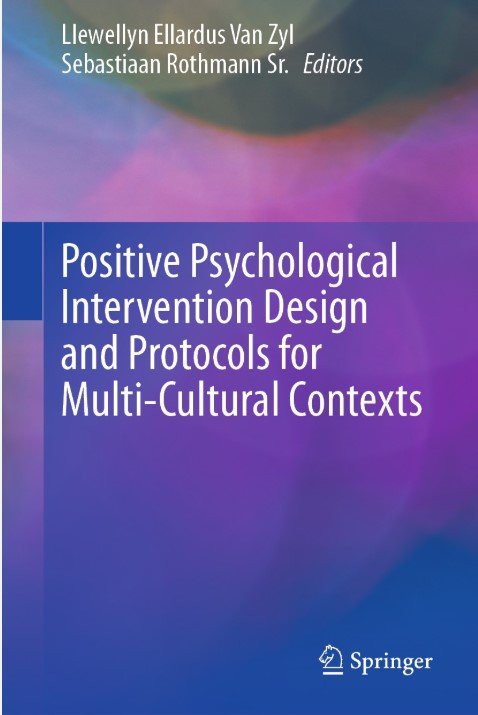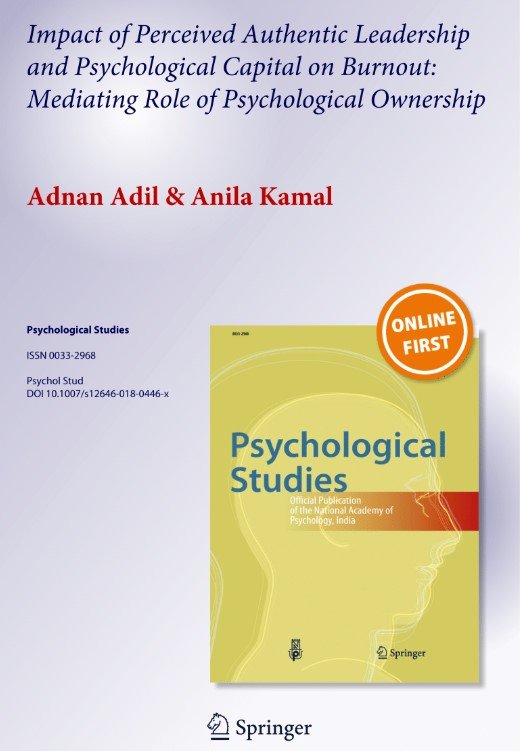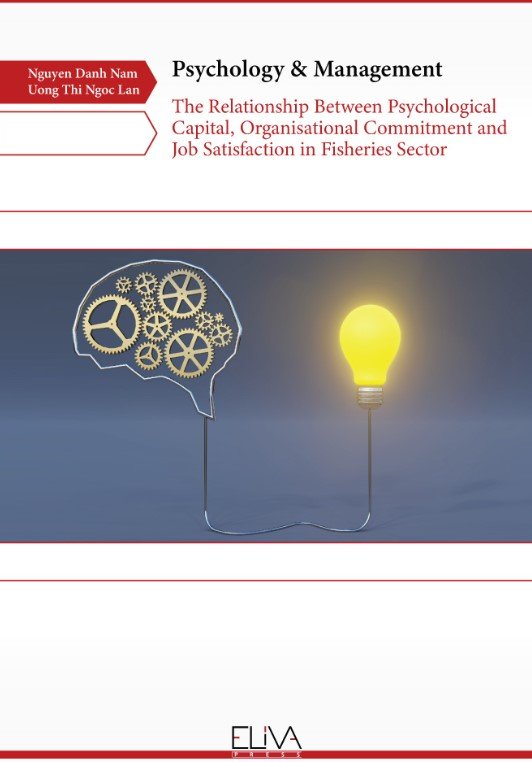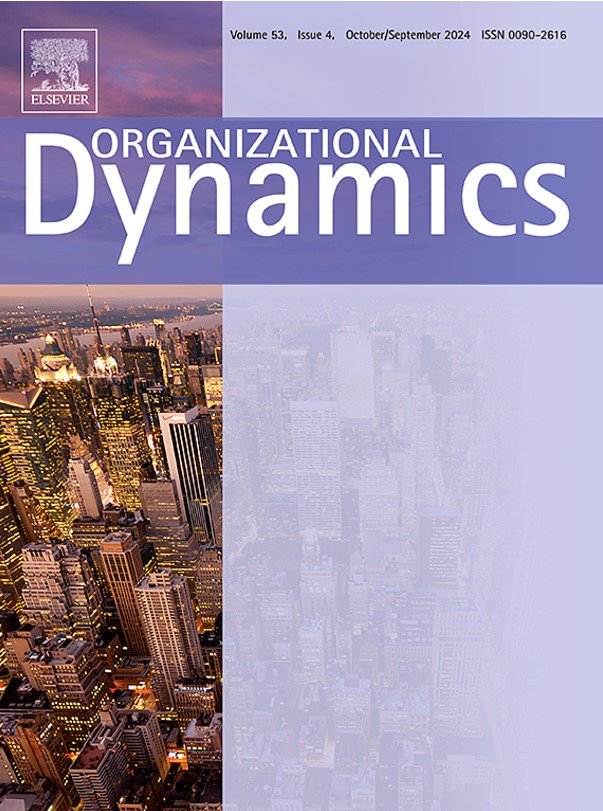Cultivating a
Positive Workplace:
The Benefits of Investing in
Psychological Capital
Importance of Psychological Capital in Organizations
Enhanced Performance
Employees with high PsyCap are more motivated, productive, and likely to achieve their goals.
Improved Well-being
Higher levels of PsyCap contribute to better mental health and overall well-being among employees.
Increased Engagement
Employees with strong PsyCap are more engaged and committed to their work, reducing turnover rates.
Better Team Dynamics
PsyCap fosters a positive organizational culture, improving collaboration and teamwork.

Future-Proof Your Business: Empowering Your Workforce






